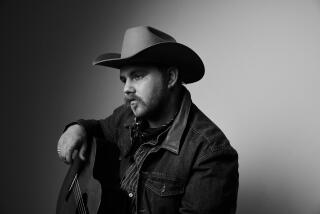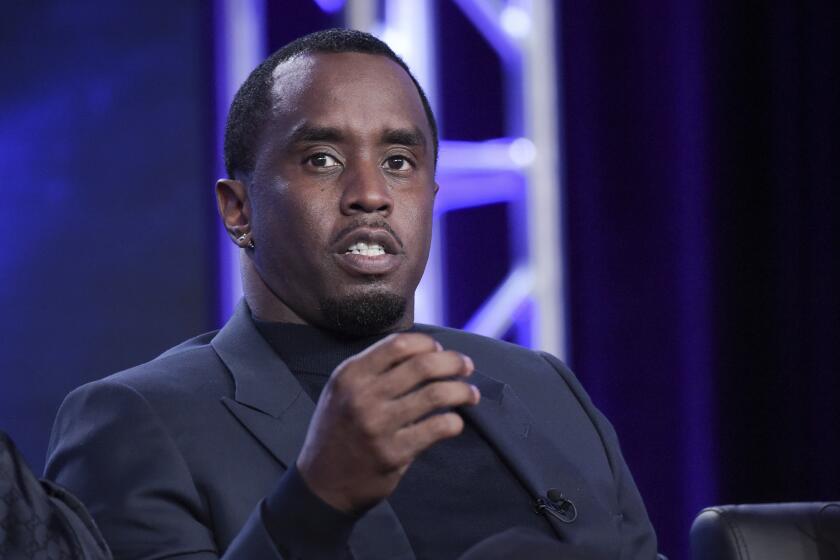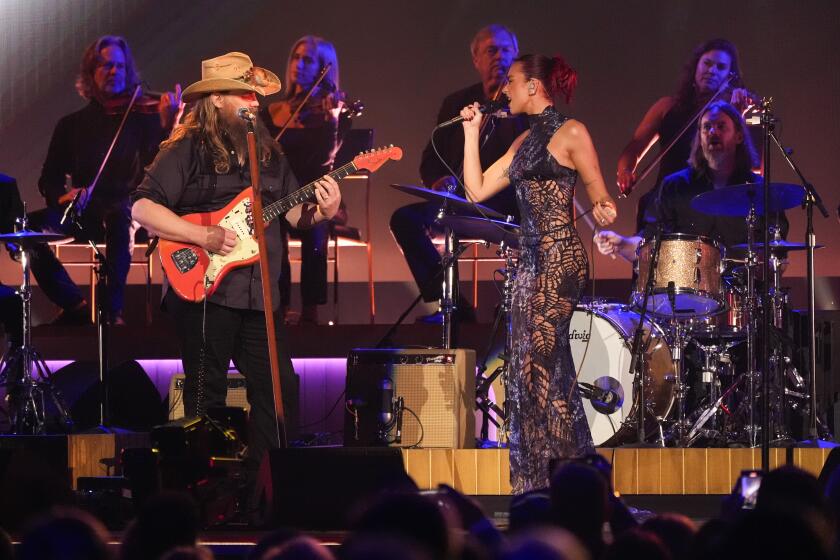Cyrus Chestnut interprets the King
Cyrus Chestnut’s new CD, “Cyrus Plays Elvis,” is an 11-track exploration of the seemingly unlikely combination of the music of Elvis Presley as filtered through the ears of a jazz musician.
But a live performance is something else. Chestnut is always a dynamic performer, his playing clearly inspired by a string of jazz stylists reaching from Fats Waller and Earl Hines to Errol Garner and Gene Harris, with a seasoning of Bud Powell and Thelonious Monk tossed in for good measure.
Beyond that, there is the exuberant feeling of musical joy that invests everything Chestnut plays, from tender, soft-toned ballads to wild-eyed, explosive keyboard tsunamis.
The question was how he would apply this colorful package of skills to the Presley songbook. And the answer from Chestnut’s trio Saturday at the Jazz Bakery was by finding a remarkably broad area of common musical and cultural ground.
Chestnut’s version of Leiber and Stoller’s love song “Don’t” emerged with a lyrical, Americana touch, with traces of gospel phrasing coursing through the harmonies. “Suspicious Minds,” Presley’s final No. 1 hit, triggered stunningly cross-meter, rhythmic interplay between Chestnut, bassist Dezron Douglas and drummer Neil Smith.
“It’s Now or Never,” Presley’s version of the Neapolitan song “O Sole Mio,” and “Love Me Tender” found their way through jazz balladry into Chestnut’s characteristically high-spirited pianistics. And the inevitable “Hound Dog” became a vehicle for an emotionally escalating, funk-driven, kick-out-the-jams set of blues choruses.
Chestnut’s brief introduction defined improvisation as “instant composition.” It’s an accurate description of what happens when jazz players go to work, of course. But for Chestnut’s group, it can more thoroughly be described as “collective composition.”
Add to that the musical perspectives that Chestnut uncovered -- the roots he illuminated between jazz and the Presley songs, including gospel music, spirituals, juke-joint dance rhythms and inner-city blues. No wonder that, by the time Chestnut had finished his invigorating program, jazz and Presley didn’t seem such an odd couple after all.
More to Read
The biggest entertainment stories
Get our big stories about Hollywood, film, television, music, arts, culture and more right in your inbox as soon as they publish.
You may occasionally receive promotional content from the Los Angeles Times.






